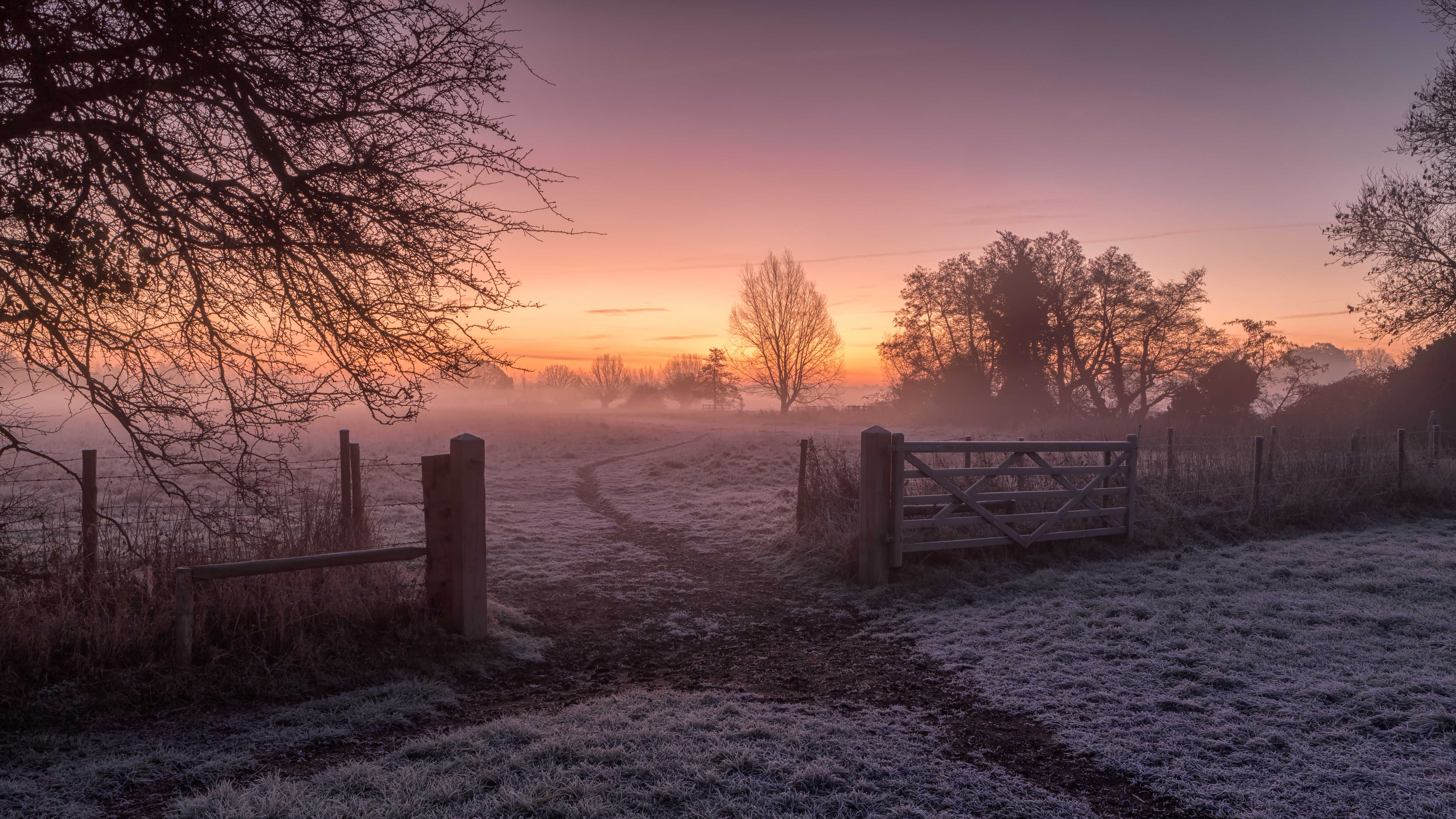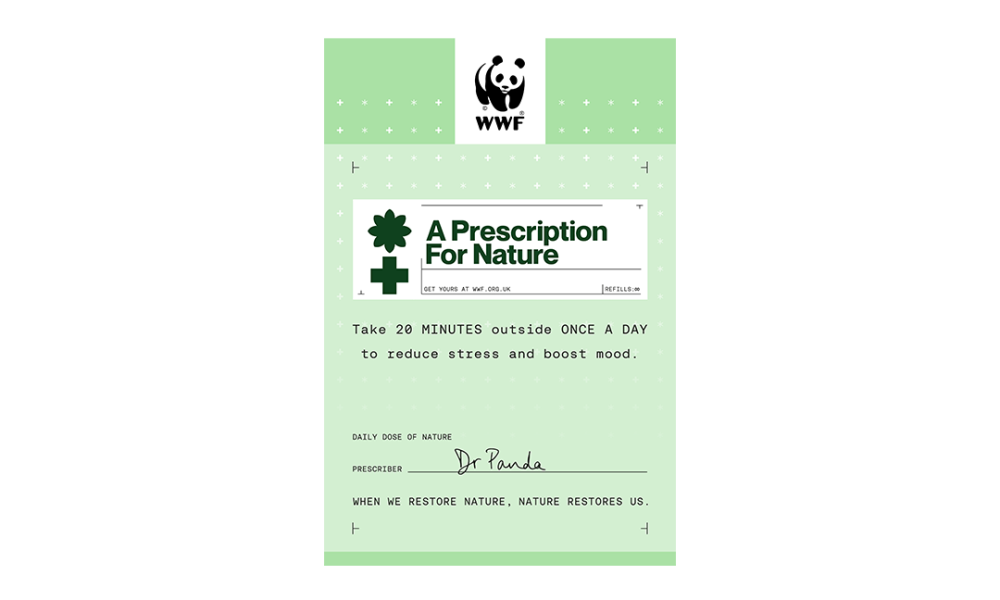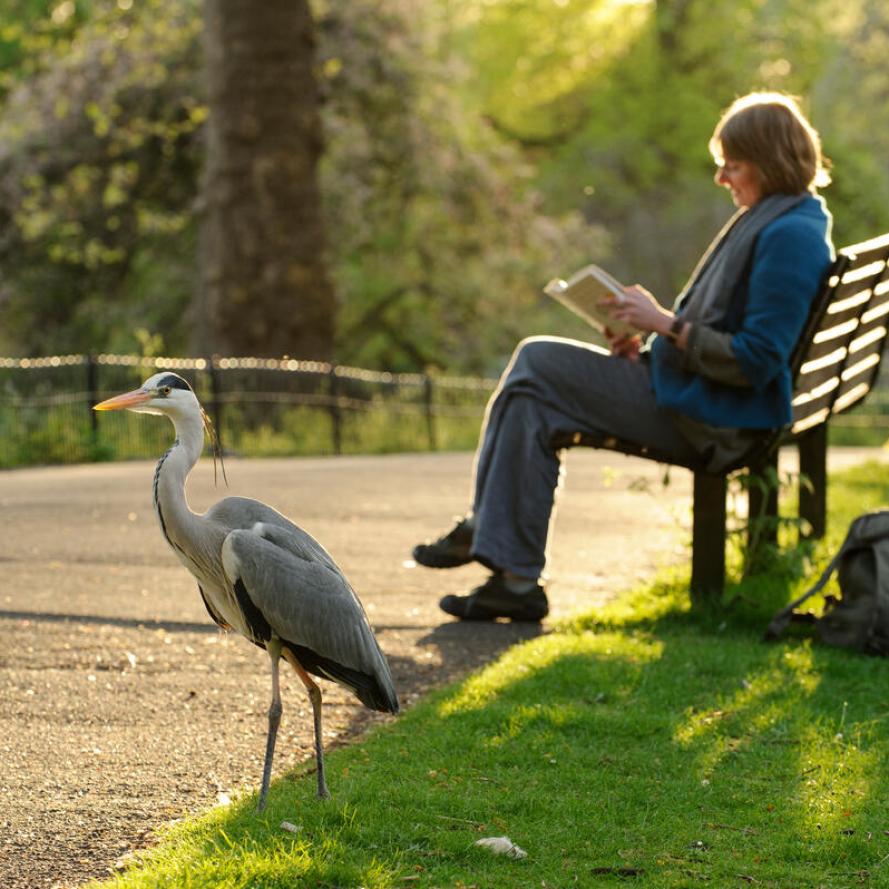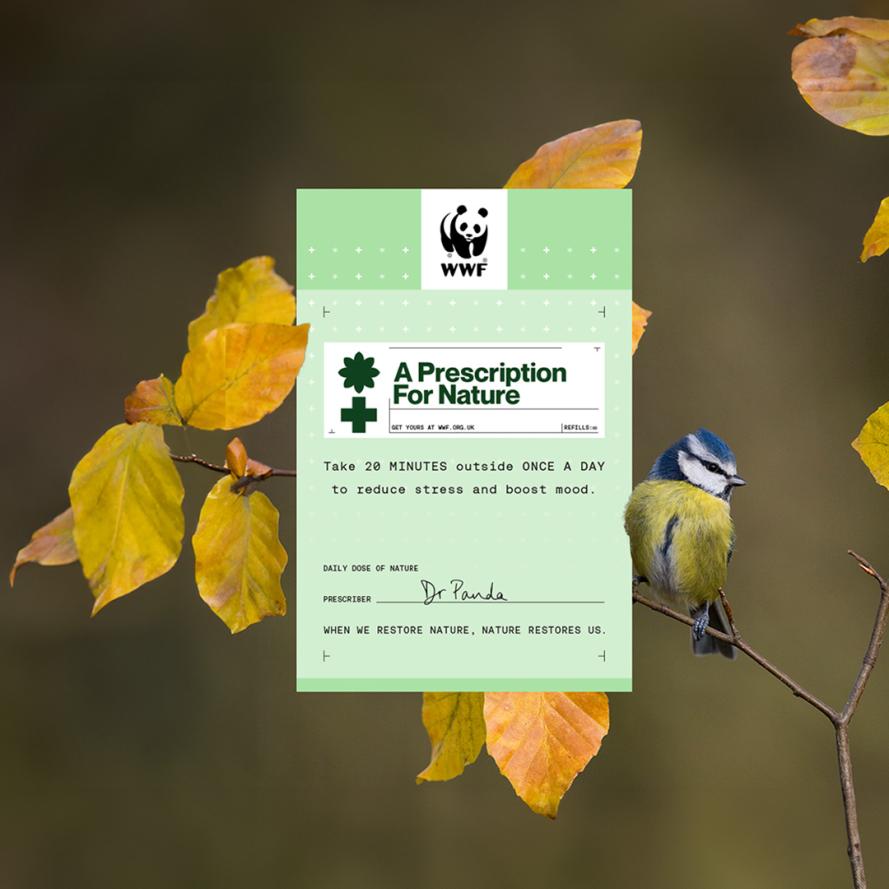

Urban Explorer


Nature’s never too far away in our busy towns and cities. Explore activities you can do in our urban jungles.

A break from the daily rush
Living in urban areas comes with excitement, noise and non-stop stimulation. In these spaces, connecting with nature can bring us the calm we need to recharge.
The natural havens tucked away between our streets provide wildlife with essential shelter and give us places to relax. They’re a retreat for when we need to step away from our desks, stretch out and slow down. We can swap hard concrete for the soft, stress-relieving feeling of grass, while trees and plants work to absorb pollution from the air, helping us all breathe easier.

Find green among the grey
Finding nature in urban environments can seem like a challenge. But nature surrounds us, often in unexpected places. Urban wildlife is as diverse, interesting and adaptable as the people who live there. You can see flowers poking out of pavements, birds nesting on balconies and insects scuttling across doorsteps. It thrives in driveways, parks, allotments and on rewilded rooftops. Anywhere we help it grow, it will.
From window-boxes to ivy-covered buildings, every green pocket helps support the living things nearby. While you walk through your town or city, keep an eye out and ask yourself, “What nature will I notice today?”
Get your daily dose
Capture nature on camera
A fulfilling and enriching way to celebrate the natural world is to capture it through a camera lens. You don’t need special equipment to do this, the camera on your phone will work perfectly.
- Inspiration can strike anywhere – on your way to work, during a coffee break, on your walk home – so be ready to snap away when it does.
- Take pictures of whatever you find interesting. It could be flowers, the sky, trees or simply a close-up of natural colours. It’s a mindful activity that encourages us to slow down and appreciate nature’s details.
- Use your pictures to create a photo diary. It’s a beautiful record of your encounters and something you can reflect on when you need to quiet your thoughts. You may want to keep your pictures to yourself, or pick a few favourites to put on display.
Take a sensory safari
We experience a lot more nature than we realise. With a bit of practice, we can become much more aware of it and get better at using it to ground our racing minds. Set aside some time for a sensory safari. You can do this over a lunch break, or during your commute. It requires a little focus that you may find tricky at first, but stick with it and the benefits will soon follow.
When you’re ready to begin, choose one or more of your available senses and hone in.
What can you hear?
Tune out the traffic and try to pick up on three natural sounds in your surroundings. Can you see what’s making them? Listen to each for as long as you can.
What can you smell?
Are there any strong or faint scents around you – flowers, piles of leaves, fruit? Follow your nose and see if you can find out where they’re coming from.
What can you feel?
As you explore, try to touch three natural things – a glossy leaf, the knotted trunk of a tree, cold stone or wet raindrops. Notice all their different textures.
What can you see?
Look out and choose three natural things in your view – a petal, a bird, a cloud. Focus on them one at a time and reflect on their shape, colour and size. Can you imagine what they’d be like to touch?
Doing this regularly is a brilliant way to grow our appreciation of the natural world. Because our environment changes so often, you can do this activity daily and get different results. It’s especially rewarding to see what new things your senses detect as the seasons come and go.
Play nature detective
The ability to recognise wildlife deepens our relationship with the natural world.
Whether you see it in your local park, or pass it on your way to work, why not take the opportunity to strengthen that connection and become a local nature detective? There are birds, beetles, butterflies, trees, flowers… the list goes on.
- Start with what you find most interesting. A plant hanging over the pavement. A flower you stop to sniff. A tree you sit under at lunch. A spider on your office window.
- Once you’ve chosen your subject, make some notes about what makes it unique. Does it have interesting markings? What shape and colour is it? What location did you spot it in?
- Look it up – with the help of a tool like the Seek app – and use the details you’ve noted down to identify it.
- Set yourself the challenge of recognising one or two new species a week and see how far you can go.
Pack a picnic
Picnics are always a real treat. Whether we enjoy them solo, with friends or over a lunch break with colleagues, there’s always fun to be found in an outdoor meal!
We’ll get all the benefits of being in nature and the added enjoyment of socialising while stretching our legs.
- Pack your favourite foods and find a patch of green nearby. Even built-up areas can provide plenty of choice. Will it be a common or community garden? A park with a familiar bench? Or a spot underneath your favourite shady tree?
- While you relax and enjoy the food you’ve brought with you, you can feast your eyes on your natural surroundings.
- Take a few quiet moments to yourself and pay attention to the present. If you’ve had a stressful day, this could be just the reset your mind needs.
Remember, leave things exactly as you found them and always take your rubbish with you.
Seek out the sun
Sunlight has a superpower when it comes to our mental health. Its serotonin-making rays can energise us, focus us, and make us feel happier overall.
Whether you’re an early bird or a night owl, choosing to start or end your day with the sun can be a wonderfully calming activity. You can do this inside (from a window) or outdoors. All you need is a view and a few moments to sit back and watch.
- Set your alarm for the ‘golden hour’ (the first hour after sunrise and the last hour before sunset) and settle in with plenty of time to enjoy the spectacular colours of the changing sky.
- See how much appears or disappears from the scene in front of you with every passing minute. Watch shadows shift as the day comes or goes.
- Take some slow, deep breaths and notice if you feel differently to how you felt before taking this pause.
Depending on the time of year, this might be something you can do on your way to or from work. If you have access to a garden or green space, try watching the sun from here to get an extra dose of goodness from the greenery around you.
Simple as it is, this quality time with the sunshine can put you in a great frame of mind for the day ahead, and be a brilliant way to relax your mind before bed.
Remember that sunshine safety is very important! Never look directly at the sun and always protect your skin with sunscreen.
Wonder at the weather
The weather behaves in all sorts of fascinating ways and can affect our mood more than we realise.
Though lots of us love to spend time in the sunshine, we can put off going outside when it’s cloudy, windy, chilly, or wet. But, if we’re feeling tired or low, embracing the weather – whatever it’s doing – is a brilliant way to liven up our minds.
- Rain or shine, step outside for a few minutes.
- Bring your attention to what the weather is doing and how it’s affecting you.
- Close your eyes and begin to hone in on your senses.
- Feel the raindrops falling on your skin. Bask in the sun’s warm rays. Notice your hair and clothing being moved by the breeze.
This simple change of scene can be enough to stop a thought-spiral in its tracks and help you blow the cobwebs away.
If you aren’t able to get outdoors, weather-watching from a nearby window makes for a mindful tea break. Look up at the sky, take a few deep breaths and let your shoulders relax as you watch the clouds roll by.
"I have a walk in the park every day and it refreshes my mind and purifies my spirit. It gives me energy to move on."
WWF supporter
Shop the nature collection

The Melting Silence
The Melting Silence
Get your daily dose of nature by experiencing the beautiful remote Antarctic wilderness at Outernet’s free installation, running from now until April 2026. The immersive screens on Tottenham Court Road allows visitors to witness first-hand the fragile beauty of Earth's southernmost continent, connecting you to nature in the heart of central London.


A dose of nature in your inbox
A dose of nature in your inbox
Join our mailing list to receive uplifting content that inspires you to connect with nature and support its restoration.

More ways to get involved


Mental health support
Mental health support
The Mental Health Foundation is a charity committed to building good mental health in the UK, offering evidence-backed advice and resources, and developing better ways to support good mental health in every community.





